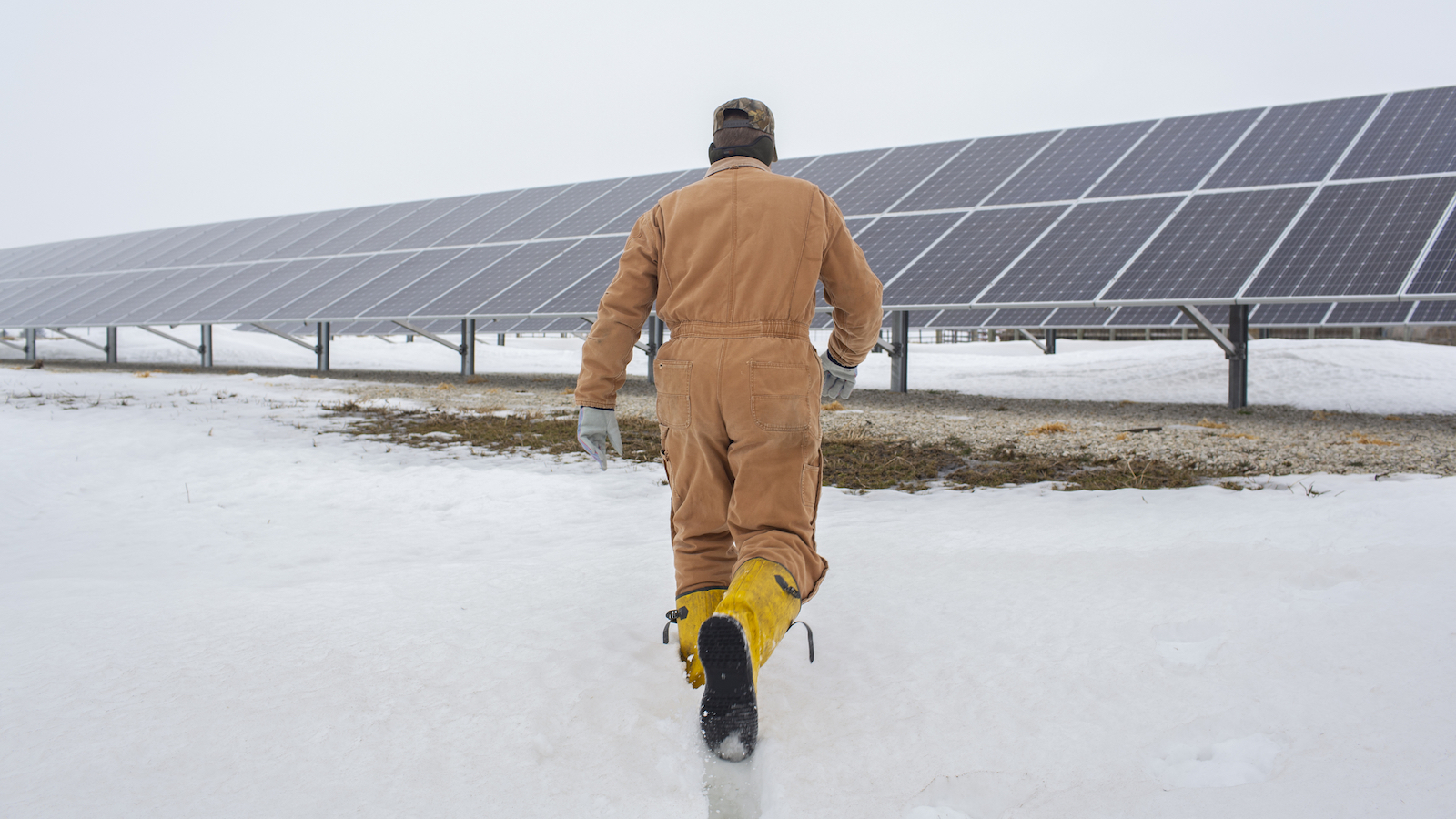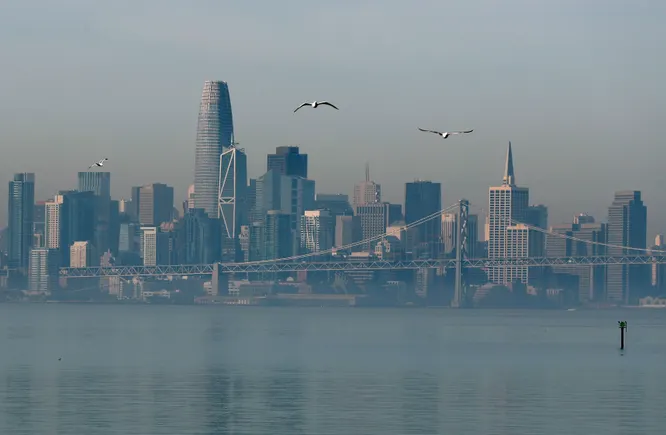What your neighbors think about climate change
Welcome back to The Planet You Save, your weekly newsletter on local climate action. I’m Taylor Kate Brown and today, we’ve got maps.
(Before we jump in, a note: I'm aiming for 422 new subscribers by Earth Day (4/22). Help me out by sharing it with friends, family and anyone you've talked about climate change with. Thanks to everybody who keeps the conversation going, it makes a big difference.
And if you got this newsletter as a forward, sign up here to get weekly editions in your inbox.)

(Global Climate Strike 2019, St. Petersburg, FL, from Flickr)
You probably have a good sense about how broad categories of Americans think about climate change, but what about within your own state? Your county? And how is that changing over time?
Yale’s program on climate change communication has surveyed Americans on global warming for more than 10 years. If you’ve ever heard of “Global Warming’s Six Americas”, that’s their work.
The most recent survey suggests the number of Americans who are “alarmed” or “concerned” about climate change is now nearly 60%. The greatest growth in the past five years? Among the “alarmed”.
The group also asks more detailed questions about beliefs about climate change and support for different policies. Majorities of Americans think both their governor and local officials should "do more to address global warming” (in fact, slightly more than the percentage of those who think the president should do more).


(From Yale Program on Climate Communication)
Only 47% think they will be affected personally and 66% support a carbon tax on fossil fuel companies (although notably the question assumes other taxes would be reduced by an equal amount). It’s a fascinating snapshot of public opinion.
But how are these beliefs and policy opinions distributed? Researchers built statistical model to estimate differences in these questions on the state, congressional district and county level.
I think it’s notable to get more nuance sense of how people's opinions are changing — beyond Republican versus Democrat, full-on advocacy versus total denial. As with all surveys, there’s a margin of error, especially in lower population areas. But since Yale has asked these questions over the course of a decade, there’s also interesting trends about how things have changed since as recently as 2018.
Four new states — Utah, South Dakota, Nebraska and Iowa — now have majorities of residents who want their own governors to take more action.
The researches believe those new majorities are in part because of increasing incidents of extreme weather, "but changes in leadership, political discourse, and media coverage are likely also important factors.
More people are noticing more media coverage about climate change in places like Oregon and New York, but also South Carolina, Georgia and Tennessee.

(Global Climate Strike, Reno, NV, 2019 on Flickr)
Californians are mostly likely to say global warming has already or will effect them personally (an orange sky will really drive that home).
Areas where majorities of people believe (accurately) global warming is mostly caused by human activities are largely what you would expect, but is not just limited to metro areas in Arizona, New Mexico and Colorado, the southern Texas border and parts of the upper Midwest.
Want to see where your own state or county fell on these questions? Take a look at the Climate Opinion Maps here. I hope to dive into to this data more in the future.
A Maryland update
Last week I wrote about Maryland's new emissions target bill that passed the legislature. Gov. Larry Hogan ended up not vetoing it, effectively making it law by the end of the session.
Expect a lot more interest in what the state's environment agency considers to get to its goals, and another fight about building electrification in the future.
More local climate stories
Your had two (related) jobs: Los Angeles' department of transportation bought EVs for their own fleet -- and then didn't use them because they didn't have chargers. (LAist)
(A reminder for readers and transportation departments alike: April's Resource of the Month edition is all about electric vehicles and what you need to know when you purchase one. Get the Resource of the Month email and support this newsletter by becoming a paid subscriber.)
Bust for jobs? A hollow oil boom for New Mexico (Capital & Main)
Buses on the strip: Nevada gets $89 million from feds for public transit upgrade (Las Vegas Review-Journal)
Two state sweetheart deal: Oklahoma's big bet on an unproven electric vehicle startup. (The Frontier)
Salt River Project: Arizona town declares victory after bid to expand natural gas plant fails (KPNX)

As utility-scale renewables expand, some Midwest farmers are pushing back | Grist
Rural communities are concerned about losing agricultural land in a region long-defined by its farming roots.

California injects $40M into heat pump water heater effort amid broader push to decarbonize buildings | Utility Dive
Regulators nearly doubled the funding authorized for heat pump water heaters as part of an initiative in the state's self-generation incentive program.

Colorado community solar gardens will expand as PUC tells Xcel to move
SunShare and other Colorado community solar garden builders will bring free solar electricity hookups to thousands more state residents after the Public Utilities Commission rejected a request by Xcel to put off awarding the projects for more study.

Add a comment: